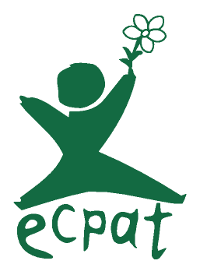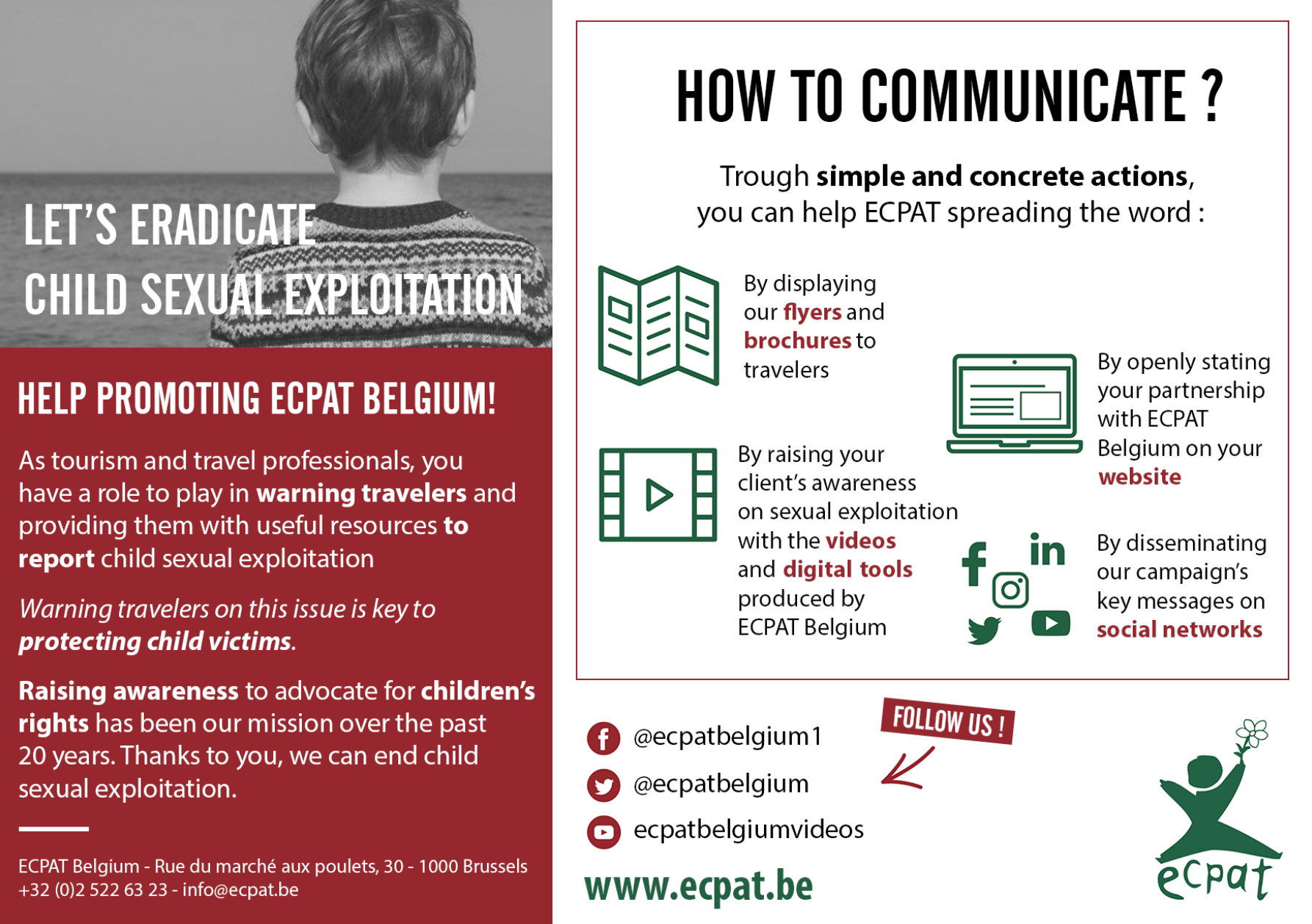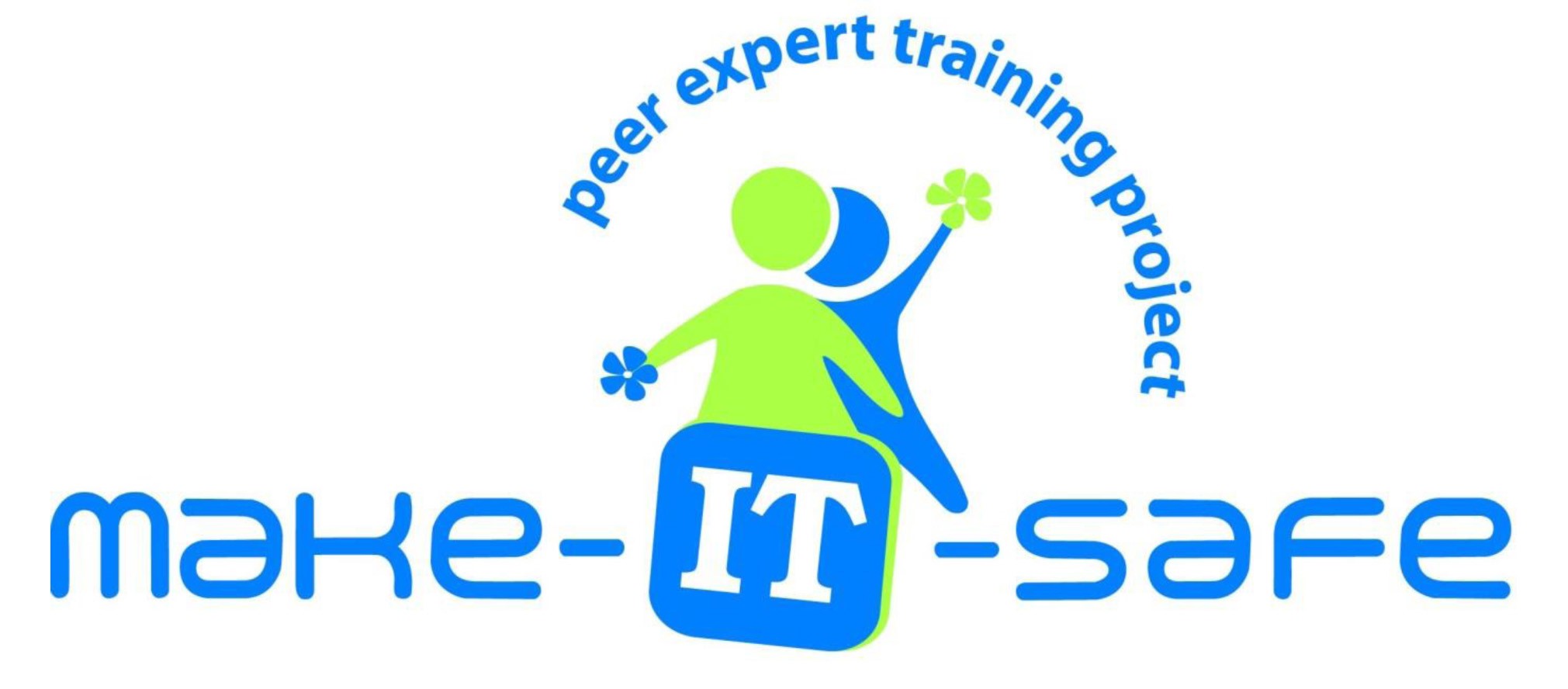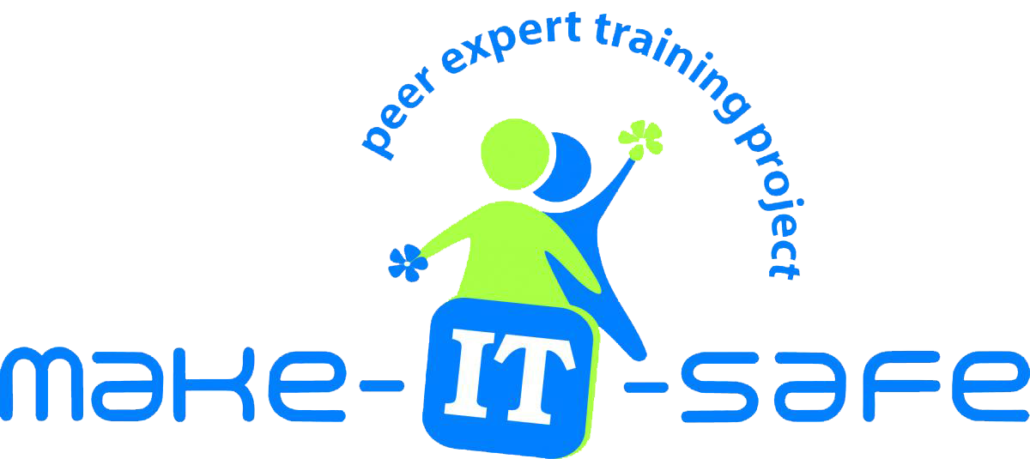
On February, the 9th 2018, newspapers started disclosing allegations affecting Oxfam UK: after the earthquakein Haiti (2010), aid workers allegedly paid to have sex with young local women, perhaps minors. What Oxfam is being blamed for is not so much its employees’ behaviour – no NGO being immune to a breach of its Code of conduct – but the way these facts were handled. Read more>
On February, the 9th 2018, newspapers started disclosing allegations affecting Oxfam UK: after the earthquake in Haiti (2010), aid workers allegedly paid to have sex with young local women, perhaps minors. What Oxfam is being blamed for is not so much its employees’ behaviour – no NGO being immune to a breach of its Code of conduct – but the way these facts were handled.
An isolated case?
Even after firing the three employees involved, Oxfam repeatedly refused to prosecute them. Just as serious, Oxfam did not immediately forward the allegations to the Haitian authorities. In addition, the former incriminated employees were hired by other organizations without them being warned of their suspicious actions. This was the case of the Belgian citizen Roland van Hauwermeiren, who was then employed by Action Against Hunger in Bangladesh.
This disclosure had an impact on the whole organization. For instance, the European Commission threatened to withdraw its funding, which amounted to 68 million euros in 2017. Desmond Tutu resigned from his role as ambassador, admitting that he was “deeply disappointed”. Oxfam immediately responded through the unveiling of its “plan of action” to prevent further sexual abuse. Among the announced measures are: the establishment of an independent commission, an increased investment in protection programs and training on gender issues, the establishment of a strategy on the management of allegations of sexual abuse as well as an improved cooperation with local authorities. Additionally, the NGO invites victims to “come forward”.
Unfortunately, the case of Oxfam in Haiti is far from isolated. Well before these revelations, many cases of child sexual exploitation by humanitarian staff have been reported (peacekeepers, UNHCR, etc.). Since the so-called “Oxfamgate”, other NGOs announced having faced such abuses: Doctors without Borders, Plan International Nederland, UNICEF, Red Cross… Nevertheless, it remains difficult to evaluate the extent of the phenomenon. Beyond “shaming and blaming“, the case of Oxfam must first and foremost call into question the practices of humanitarian actors. In the wake of the #metoo movement, there is a real call to action on the improvement of child protection mechanisms.
ECPAT Belgium’s standpoint
As the Belgian member of the international ECPAT network, we have been fighting against the sexual exploitation of children for more than 25 years. ECPAT Belgium hopes to draw the attention of all actors on the need to improve child protection in the humanitarian sector, in particular regarding vulnerable children. In our opinion, discussing the Oxfam case is not meant to fuel the controversy but serves as an open door to a long-term change in the approach.
ECPAT’s work of preventing, listening and mobilising is a first step towards the elimination of child sexual abuse. However, organisations like ours cannot fulfil this daunting mission alone. Every entity must take the necessary measures, internal or external. Because of the nature of their work, humanitarian organisations are given access to vulnerable minors, and therefore have a duty to protect them. Turning a blind eye to potential situations carries the risk to build a culture of impunity.
Such measures should start with the establishment of clear Child Rights Policies within each organisation, signed by all members (including employees and volunteers) and disseminated from top to bottom-rank. These policies should systematically consider child participation, in particular when organisations are conducting research. In accordance with Bharti Patel, CEO of ECPAT UK, they must include complaint and reporting procedures. Their implementation must be exercised with due diligence and monitoring. These measures should also ensure that all the children with whom the organisations are (in)direct contact are safe. They should also define which behaviour is appropriate or not.
Additionally, each contract – may it be long or short-term, volunteering – should always carry an addendum on child rights. Hiring should not take place without a criminal record check (e.g. via a judiciary record sample). It is unacceptable that, in 2018, hiring may still take place even though the employee is potentially known as sex offender.
While having proper safeguarding procedures is paramount, it is not enough. Prevention measures are also essential, as well as a focus on disseminating information. Abuses can be prevented through awareness raising efforts, systematic checks and balances when hiring, and the respect of existing prohibitions.
It is the duty of the organisations, but also of governmental structures, to review every allegation and to inform the competent authorities. In order to be prosecuted, offenders must be reported in the first place[1]. Besides passing on the information to the competent authories, organisations should also take the nessecary internal measures to remove and punish offenders.
While prosecuting perpetrators must remain a priority, we must, above all, help prevent children from being abused in the first place. Therefore, ECPAT Belgium calls for a global and multidisciplinary approach. Beyond scandals, investigations, prosecutions and the presumption of innocence, a child’s right to protection comes first and foremost. In our fight for transparency, let’s not forget them.
Main recommendations:
- Establish clear Child Rights Policies that are signed by every member, employee or volunteer. Take children’s best interest and opinions into account when drafting such policies. Disseminate them throughout the organisation, from top to bottom-rank.
- Have all staff members signing an addendum to the contract stating their respect of children’s rights.
- Establish accessible complaint and reporting procedures.
- Have a clear Code of conduct and define what behaviours are (in)appropriate when in contact with children. Train the staff to ensure a common understanding of this Code.
- Undergo a systematic check and balances when hiring as well as a criminal record check, even for volunteers.
- Review every allegation reported to the organisation.
- Report to local authorities and sanction every substantiated breach of existing rules.
- Conduct awareness raising sessions as well as preventive tools on the issue of sexual exploitation of children.
Practical steps when facing a potential case of abuse:

Emmanuelle Vacher for ECPAT Belgium
[1] Every suspicious situation can be reported on www.reportchildsextourism.org.
On February, the 9th 2018, newspapers started disclosing allegations affecting Oxfam UK: after the earthquakein Haiti (2010), aid workers allegedly paid to have sex with young local women, perhaps minors. What Oxfam is being blamed for is not so much its employees’ behaviour – no NGO being immune to a breach of its Code of conduct – but the way these facts were handled.



